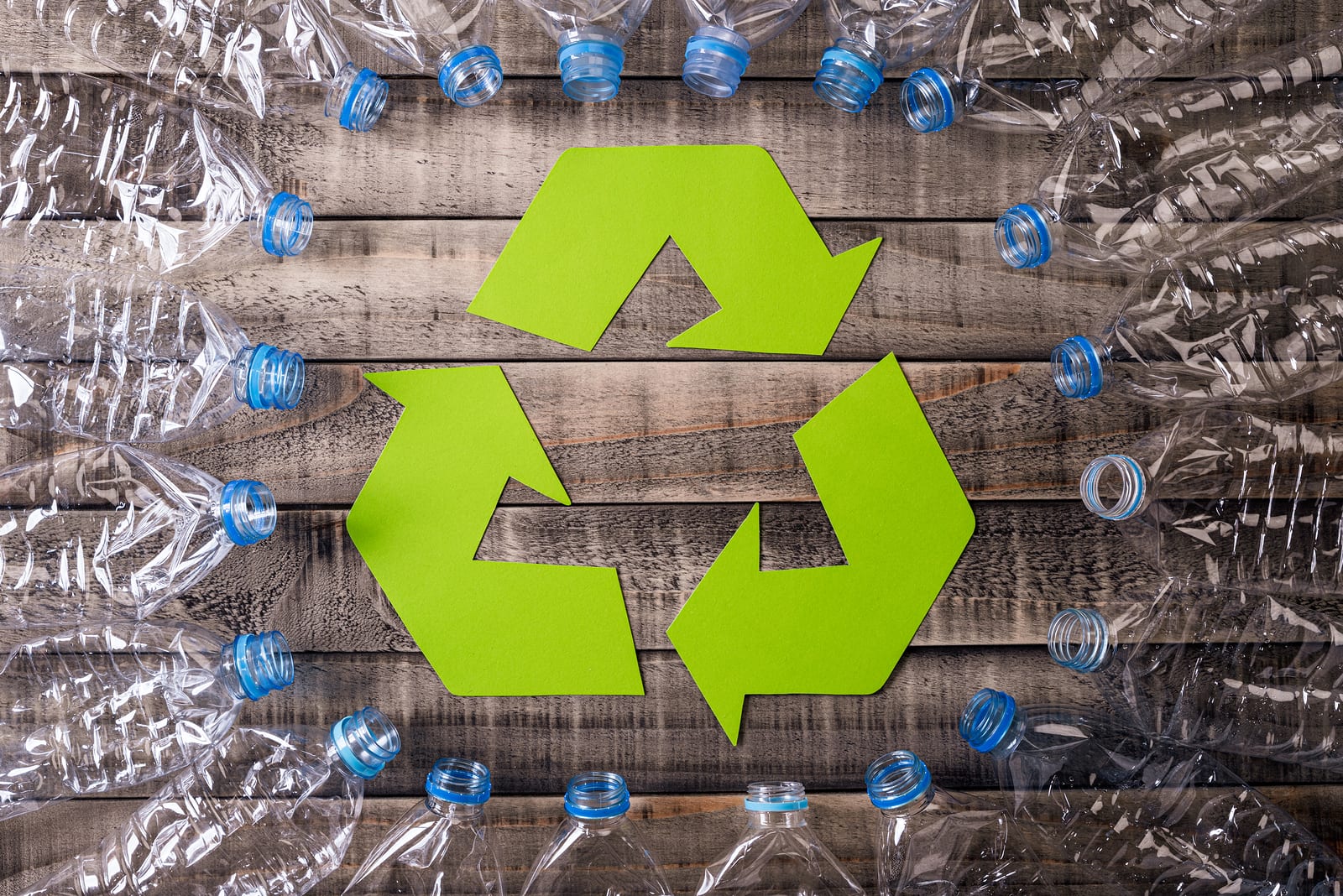Single Use Plastics vs Ecoraster
Single Use Plastics vs Ecoraster

Single use plastics and their effect on the increasing pollution in our landfills and water bodies is a hot topic worldwide. Plastic waste is damaging our ecosystems and is dangerous and can be deadly to living organisms. As with any challenging issue there are many ways to explore both the problem and the solution.
It is our hope that the following article will lead to frank and open discussions which in turn will help formulate a long range plan. If something can be recycled or re-purposed, should it be considered single-use? Are governments doing enough with respect to recycling? Is there more that can be done?
What is Considered a Single Use Plastic?
Recycled materials are useful and can be used for a multitude of applications. Should more effort and resources be put into manufacturing processes using recycled product?
What is considered a single use plastic? Medical equipment? Straws? Personal hygiene products? One area of debate has been the use of plastic consumer shopping bags. Are plastic bags considered single use? Should they be considered single use?
There are many ways in which plastic shopping bags can be reused; lunch bags, grocery shopping bags and woven into sleeping mats.
Plastic bags and other products made from the same material, low density poly ethylene (LDPE), can be recycled in a low carbon foot print manner and densified into plastic pellets that can then be used to manufacture other products including “geo-grids” and the Ecoraster permeable paving system.
Each square of the Ecoraster grid is comprised of 80-100 plastic bags. The grid can also be reused or recycled when the land use changes. One way to changes our current ways may be to prioritize the enhancement of our recycling program and our recycling facilities to accept more and more different types of materials.
Ecoraster Lifecycle
Once Ecoraster is manufactured, it is guaranteed for 20 years. It is an engineered permeable paving system which has been fully tested and can be used in the most environmentally sensitive areas. There is no leeching or degradation of the plastic. It is able to support the heaviest of weight loads even in extreme climates, both hot and cold.
Permeable paving, by design, allows stormwater landing on the surface to percolate through, entering the base, naturally recharging the aquifers, eliminating polluted run of and reducing the risk of costly, damaging flooding.
Ask yourself;
1. Are plastic grocery bags really single use?
2. Plastic grocery bags can be recycled, if facilities exist, producing a high quality building material which is both flexible and strong even under extreme temperatures. Why isn’t this promoted on a municipal level?
3. If permeable paving can help reduce stormwater run off, reduce pollutants and reduce the risk of flooding, why isn’t it used more widely?
4. If products such as Ecoraster, which are made from 100% recycled “single-use” plastics, help to manage storm water, are fully sustainable and offer long lifecycle and are now made in Ontario, are widely available, easy to install and easy to maintain and are cold weather friendly, why is their use not mandated?
Change can be difficult but change is possible. Our European neighbours have been recycling LDPE, producing products such as Ecoraster and mandating the use of permeable paving for almost 30 years. Let’s learn from our neighbours and include tried and true Ecoraster into parking lots, access roads, pathways sidewalks and much more. We can’t afford to wait much longer!
About LID Permeable Paving Canada | Ecoraster | Toronto – Ontario
LID Permeable Paving Canada is the exclusive distributor of the Ecoraster permeable paving system in Ontario, Canada. For further information, call us or fill out our contact form to learn more. We would be pleased to schedule a time for an informational presentation or arrange to have you visit our different installation sites.




